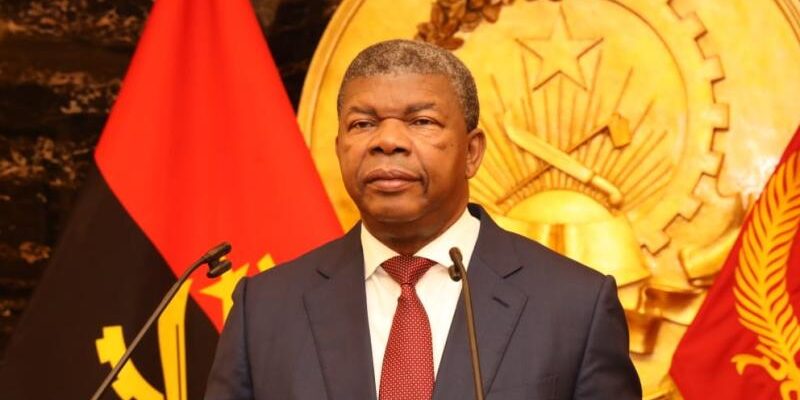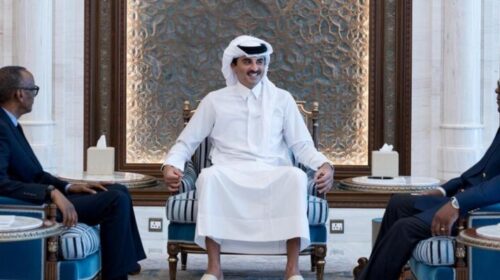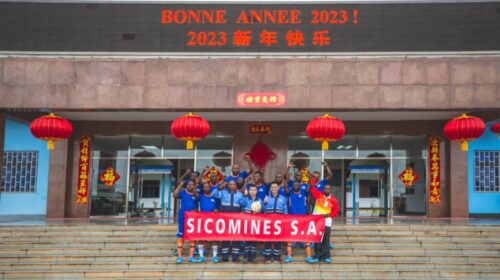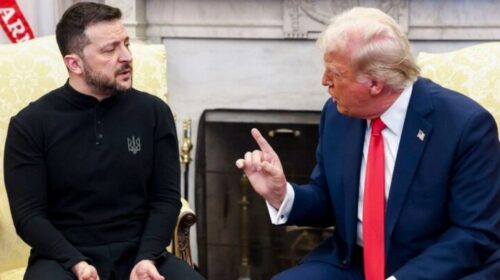Angola’s President Takes AU Helm Amid Rising Regional Crises
Angolan President João Manuel Gonçalves Lourenço officially assumed the rotating presidency of the African Union (AU) for 2025 on Saturday, February 15, succeeding Mauritania’s Mohamed Ould Cheikh Ghazouani.
The transition took place during the opening of the 38th AU Summit at the organization’s headquarters in Addis Ababa, Ethiopia.
In a formal ceremony attended by several heads of state, outgoing AU Commission Chairperson Moussa Faki Mahamat, and other dignitaries, Lourenço received the symbolic gavel from Ghazouani, signifying his leadership role at the continental level until February 2026.
According to an official AU statement, the new leadership structure for 2025 includes Lourenço representing the Southern African region as AU President, while Evariste Ndayishimiye of Burundi (Central Africa) serves as First Vice-President.
Ghana’s John Dramani Mahama (West Africa) takes the role of Second Vice-President, and Tanzania’s Samia Suluhu (East Africa) assumes the position of Third Vice-President. Ghazouani will continue as AU Rapporteur.
Lourenço’s tenure begins at a time when the AU faces mounting criticism for its perceived inaction in addressing ongoing conflicts across the continent.
From Sudan and Mozambique to the eastern Democratic Republic of Congo (DRC), various crises continue to challenge regional stability.
In particular, the DRC has been vocal in seeking AU sanctions against Rwanda over its alleged support for the M23 rebel group, which has intensified its activities in eastern Congo.
Despite multiple UN reports confirming Rwandan military involvement, Kinshasa has struggled to secure a decisive AU response. The continental body’s recent call for an end to hostilities notably failed to mention Rwanda, further frustrating Congolese authorities.
Tensions escalated further in late January 2025 when the DRC announced plans to formally protest statements made by AU Commission Chairperson Moussa Faki Mahamat.
His characterization of M23 as a “politico-military opposition” rather than a terrorist group drew strong condemnation from Congolese officials.
Deputy Foreign Minister Gracia Yamba Kazadi conveyed the DRC government’s outrage in a call with AU chargé d’affaires Idrys Amir, emphasizing that M23 operates in direct violation of Congolese sovereignty and international law.
The African Union, comprising 55 member states, was established to promote unity, development, and territorial integrity across the continent.
Originally formed as the Organization of African Unity (OAU), its objectives included eradicating colonial influence, fostering regional solidarity, and enhancing international cooperation.
However, the AU continues to face scrutiny over its effectiveness in addressing Africa’s most pressing security and governance challenges.
As Angola assumes leadership, all eyes will be on Lourenço’s ability to navigate these complex issues and strengthen the AU’s role in conflict resolution and continental stability.
31 total views , 1 views today





